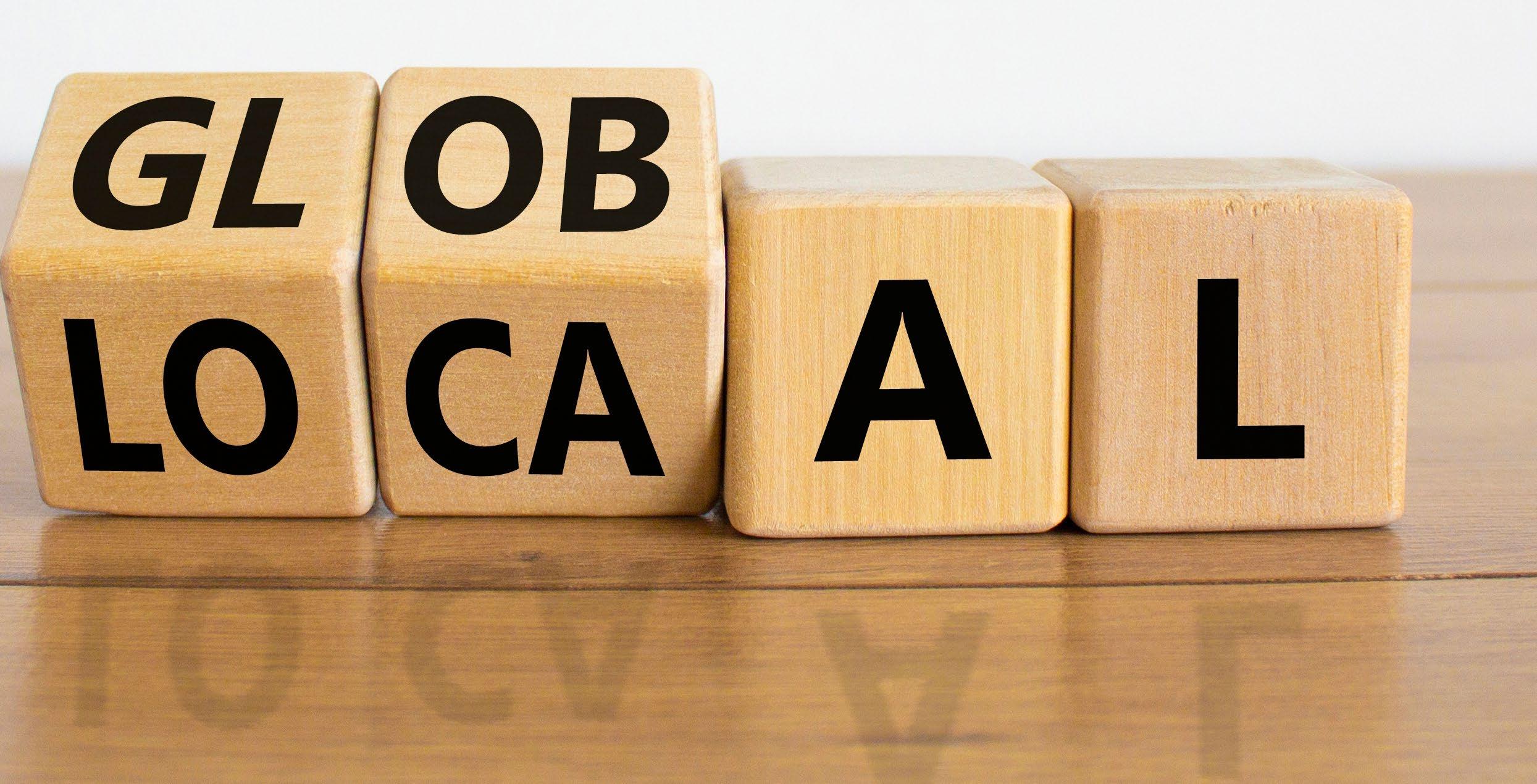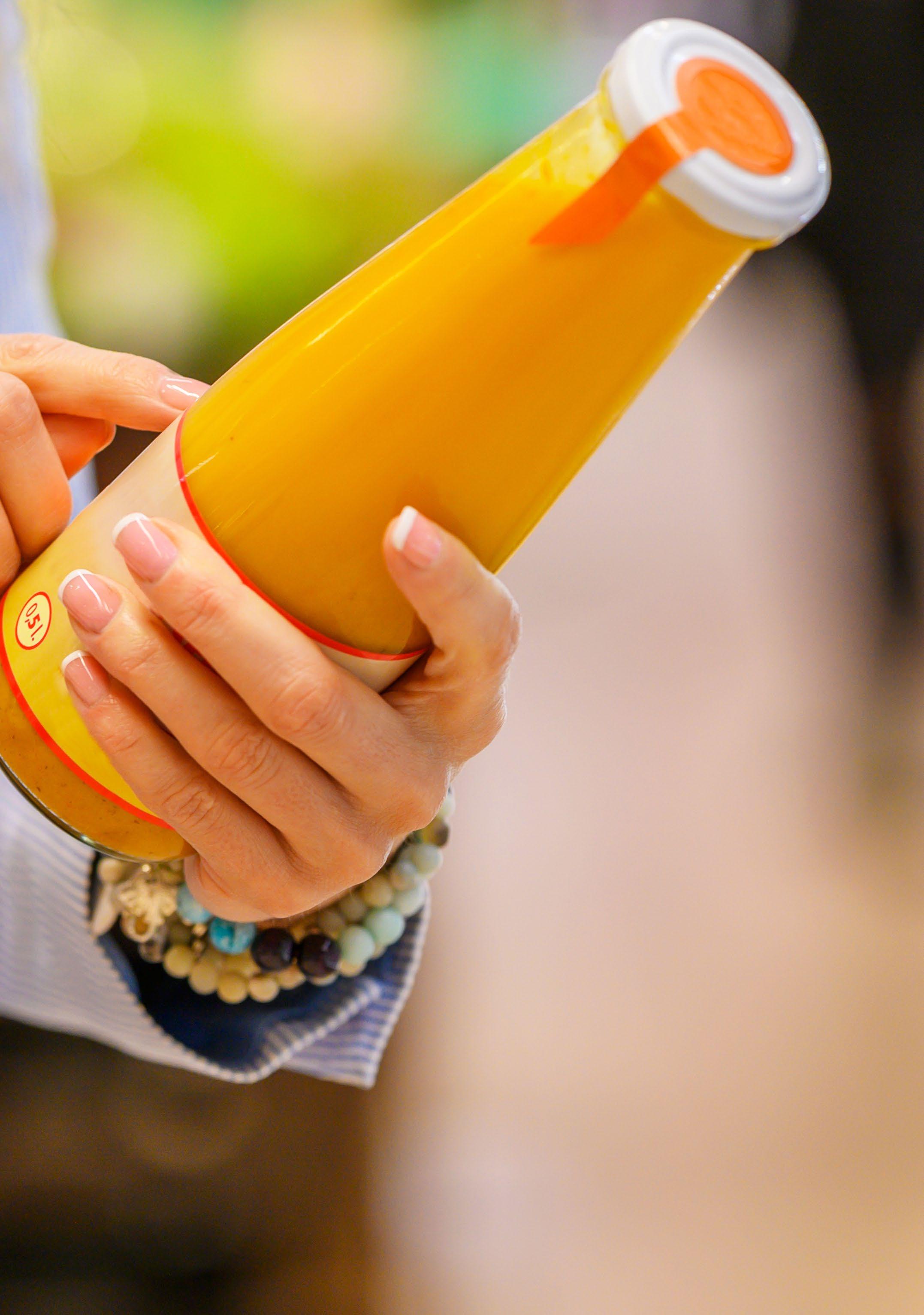
4 minute read
Analysis Retail Institute: private labels and challenges for the future
RETAIL INSTITUTE: private label
and challenges for the FUTURE
In the last 20 years, PL has gone from being a ‘me-too’ product to being a true Brand and has officially taken on a significant and strategic role in paving the way for the band’s ‘capital of trust’. What are the next steps?
Private Label is increasingly relevant in the shopping cart, especially in a period of growing financial difficulties for Italian households as of now. PL also confirms its ability to identify the true needs of consumers in terms of price and quality, providing a more and more comprehensive supply, and satisfying specific consumption targets and occasions. In the last 20 years, PL has gone from being a ‘me-too’ product to being a true Brand and has officially taken on a significant and strategic role in paving the way for the band’s ‘capital of trust’. It has become an invaluable point of reference for the customer in store, thanks to its strategic supervision of all the different supply segments - from Entry Price to Premium - and its concrete solutions to very delicate subjects for consumers, i.e.safety, sustainability, geographical location, health and wellbeing.
But what are the challenges and opportunities for the future development of Private Label?

1
u The growth of Discounters. Discounters are the main sellers of Private Label and, although the brand industry’s labels are gaining an increasingly important role in their assortment, the model is still dominated by private labels. The market share of the discount channel has now exceeded 20% in value (and even more in volume and will continue to grow). Discounters’ PL products are an important benchmark of quality and price for ‘traditional’ retailers, as much as leading industrial brands (especially in some categories). In light of this, we’re experiencing a constant reduction of the price gap between Private labels of discount channels and of supermarkets, and this is confirmed by the research "Mind the Gap – Retailers across Europe continue to close the price gap with Discounters", carried out by IPLC in Europe. A number of retailers, in addition to reducing this price difference, are working on the structure and segmentation of the supply and in this context the fierce competition between channels will contribute to the overall growth of Private Label sales.


2
u E-commerce: risks and opportunities. The development of online sales and, in general, of the omnichannel approach may allow PL to strengthen its role as a lever of loyalty for the brand. Today, many European retailers have already recorded a higher market share of PL in e-commerce than in physical stores. Among all the possible omnichannel activities, we recommend Tesco’s ‘5 easy family dinners for £25’: an offer of 5 dinners for 4 people at £25 including the description of the recipes and the possibility of adding to the order - directly in the last page - a list of the necessary ingredients, all exclusively Tesco PL products, of course. A good omnichannel strategy involving Private Label can certainly help contrast Amazon's growing push for more and more physical stores and branded product launch in key categories, leveraging its data ecosystem and using automated replenishment to build customer loyalty.
3

4
u Community and local economy. Consumers ask companies for more transparency. They want to know who produces the PL and how. They want to feel as if they were helping their community by consuming local products. Retailers have to show how they’ve contributed to enrich the community and the local economy in a significant way. So, customers become ‘ambassadors’ of those products and brands, which not only bring personal and functional benefits, but also collective ones. Origin, geographical location and transparency are increasingly important drivers of preference in the process of purchasing branded products and therefore of loyalty to the brand. The French retailer E.Leclerc, in 2022, launched the ‘Soutenons nos Agriculteurs’ (Marque Repère) Private Label, which developed a range of products that support French agriculture, based on 3 key attributes: (a) 100% made in France; (b) 3-year partnership minimum; (c) fair pay. Furthermore, retailers can use technologies - such as the Blockchain - to increase product traceability and consolidate the customer trust.
u Good diet. A good and healthy diet should be affordable to everyone and should take into account the increasing ‘food diversity’. The Mediterranean diet is still the culturally predominant reference point, but there are also different value-related systems and consumption preferences- for example intolerances, free-from, rich in, bio, vegan and plant-based, gourmet, protein. Private Labels represent this ‘diversity’ through their range of products, and can also help clients adopt a correct food approach through adequate nutritional information, reduction of potentially ‘dangerous’ ingredients (i.e. salt, fats, additives, sugars, and more), and healthy and balanced recipes. A full commitment to good nutrition can contribute to the consumers’ wellbeing in a more concrete and incisive way than simply adding the Nutriscore value on products. l






